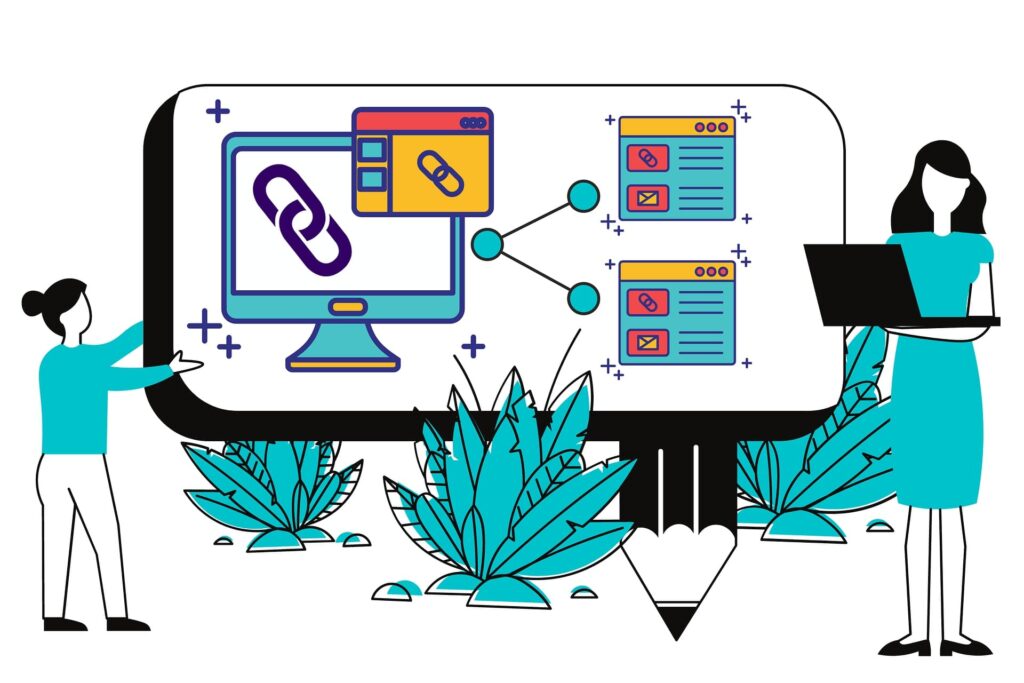Communication skills are the tools we use to express ourselves and exchange information with others. They involve verbal and nonverbal communication and the ability to listen actively and effectively.
Good communication skills are important because they allow us to effectively convey our thoughts, ideas, and feelings to others. Therefore it is enlisted in the top twenty skills required to be succeedsful in life.
They can also help us build strong relationships, resolve conflicts, and create a positive work environment. In addition, strong communication skills can benefit various professional, personal, and social settings.
Effective communication can lead to increased productivity and improved teamwork in the workplace. It can also help to build trust and foster a positive company culture. In personal relationships, good communication skills can help to build stronger, more fulfilling connections with others.
Overall, strong communication skills are essential for success in many areas of life. They allow us to connect with others, share information, and work together effectively.
Quick Links
What is Communication Skill
Communication skills are the abilities we use to express ourselves and exchange information with others. This can include verbal communication, such as speaking and listening, as well as nonverbal communication, such as body language and facial expressions.
Communication skills include speaking, writing, listening, and interpersonal skills. That is, skills helpful in getting along with, influencing, and leading other people.
Buffett’s Tips: A Guide to Financial Literacy and Life
by John M. Longo, Tyler J. Longo
Benefits of Strong Communication Skills
Well-developed interpersonal communication skills heighten your ability to solve problems, persuade others, and accept, implement and document change in professional organisations, where competition is often high and the environment is intricate.
Communication Skills for Business Professionals
by Celeste Lawson, Robert Gill, et. al.
There are many benefits to having strong communication skills. Some of the benefits of better communication skills include the following:
Improved relationships: Good communication helps to build trust and understanding between people, leading to stronger, more fulfilling relationships.
Increased productivity: Effective communication can help to avoid misunderstandings and miscommunications, leading to increased efficiency and productivity.
Enhanced teamwork: Good communication skills can help to create a positive work environment and foster teamwork.
Greater success in the workplace: Strong communication skills can help you build a successful career by clearly conveying your ideas and collaborating with others.
Better conflict resolution: Good communication skills can help to identify and resolve conflicts in a healthy, constructive way.
Improved leadership abilities: Effective communication is a key component of good leadership. It allows leaders to convey their vision and inspire others to work towards common goals.
Enhanced public speaking abilities: Good communication skills can help you to deliver confident, effective presentations.
Better problem-solving: Good communication skills can help to identify problems and come up with solutions more effectively.
Increased self-awareness: Strong communication skills can help you to become more self-aware and understand how your words and actions affect others.
Greater social connections: Good communication skills can help you make and maintain strong social connections.
Listen with curiosity. Speak with honesty. Act with integrity. The greatest problem with communication is we don’t listen to understand. We listen to the reply. When we listen with curiosity, we don’t listen with the intent to reply. Instead, we listen for what’s behind the words.
Top Ten Communication Skills
Many different communication skills are important, but here are ten that are particularly noteworthy:
Active listening involves paying full attention to the speaker, understanding their perspective, and asking clarifying questions. To improve this skill, try practicing mindfulness and staying in the present moment while someone is speaking.
Verbal communication includes speaking clearly and effectively, using appropriate language and tone, and delivering presentations. To improve verbal communication, consider taking a public speaking course or joining a group such as Toastmasters.
Nonverbal communication: This involves the use of body language, facial expressions, and gestures to communicate. To improve nonverbal communication, pay attention to your body language and try to read the nonverbal cues of others.
Written communication includes writing clearly and concisely, using proper grammar and spelling. Consider taking a writing course or working with a writing coach to improve written communication.
Emotional intelligence: This involves being aware of and able to manage your own emotions, as well as being able to recognize and respond to the emotions of others. To improve emotional intelligence, try practicing mindfulness and developing self-awareness.
Interpersonal skills involve building and maintaining relationships, working well in a team, and effectively handling conflict. To improve interpersonal skills, try volunteering or joining a club or organization where you can interact with others.
Conflict resolution involves identifying and resolving conflicts in a healthy, constructive way. To improve conflict resolution skills, consider taking a course or seeking opportunities to practice resolving conflicts in a safe, controlled environment.
Adaptability: This involves adjusting to new situations and environments quickly and effectively. To improve adaptability, try seeking new experiences and challenges that push you out of your comfort zone.
Empathy: This involves being able to understand and share the feelings of others. To improve empathy, try putting yourself in someone else’s shoes and trying to see things from their perspective.
Persuasion: This involves effectively convincing others to see things your way. Try learning more about effective argumentation and presentation techniques to improve your persuasion skills.
How to Improve Communication Skills
If you give yourself anything lower than an 8, you need to work on improving your skills. Read books on communication, take a class, or join Toastmasters. And sharpen your skills by practicing your teaching and communicating.
The 21 Irrefutable Laws of Leadership Workbook: Revised and Updated
by John C. Maxwell
Here are ten ways you can improve your communication skills:
Practice active listening: Pay attention to the speaker and try understanding their perspective.
Improve your verbal communication: Work on speaking clearly and effectively, using appropriate language and tone.
Pay attention to your nonverbal communication: Use body language, facial expressions, and gestures to communicate effectively.
Work on your writing skills: Write clearly and concisely, using proper grammar and spelling.
Develop your emotional intelligence: Practice mindfulness and self-awareness to improve your ability to recognize and manage your own emotions and those of others.
Build your interpersonal skills: Work on building and maintaining relationships, working well in a team, and handling conflict effectively.
Learn conflict resolution strategies: Identify and resolve conflicts healthily and constructively.
Practice adaptability: Seek out new experiences and challenges that push you out of your comfort zone.
Improve your empathy: Practice seeing things from others’ perspectives and understanding their feelings.
Learn persuasion techniques: Develop your ability to convince others to see things your way effectively.
Bottom Line
Communication skills are the abilities we use to express ourselves and exchange information with others. These skills can be broken down into several categories, including:
Verbal communication: This involves the use of language to convey thoughts, ideas, and feelings. It includes speaking, listening, and understanding.
Nonverbal communication: This involves the use of body language, facial expressions, and gestures to communicate.
Written communication involves writing clearly and effectively, using proper grammar and spelling.
Interpersonal skills: These involve the ability to build and maintain relationships, work well in a team, and handle conflict effectively.
Presentation skills involve the ability to deliver effective presentations to a group.
Developing strong communication skills can benefit many areas of life, including personal relationships, professional settings, and social situations.
Sharing is Caring

























